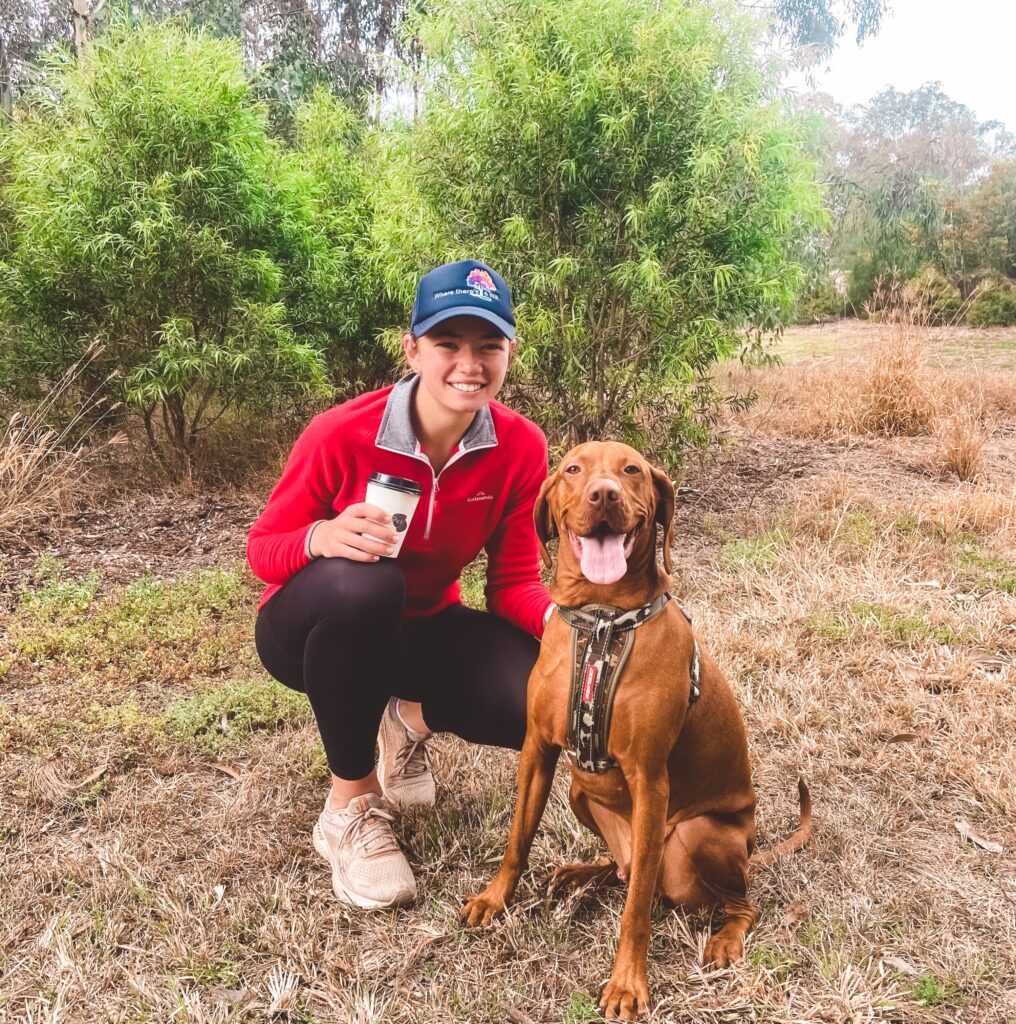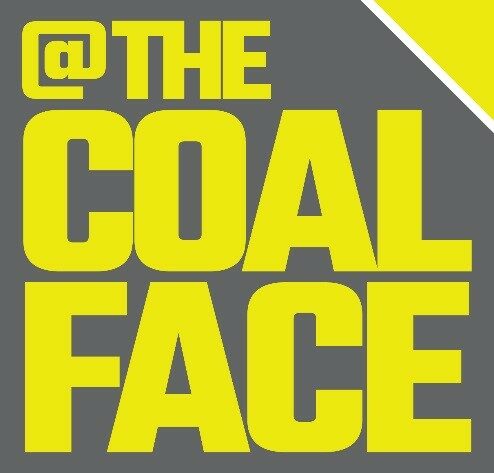Meg Southcombe was recently named Muswellbrook Young Citizen of the Year for her community work and for raising awareness on mental health by bravely sharing her family’s story.
Meg is an outstanding young ambassador for mental health and youth leadership, already making a big impact in the community that she loves.
From an early age, Meg has always looked for ways to contribute, stepping into leadership roles since primary school and being actively involved in local community groups.
When Meg was in Year 9, mental health issues with her dad Michael began to impact the family as he was diagnosed with clinical depression. For the next few years, Meg, her mum Sarah, and her brother Wil, all did their best to support Michael while trying to go about their everyday lives. Despite the difficult time the family was going through, Meg kept it all bottled up, never sharing her experience even with her close friends.
Then for her Year 12 Independent Research Project, Meg choose to write about the mental health impacts on family wellbeing, anonymously using her own family as the case study for the project.

“After it was published it was put into the school library,” says Meg. “I was surprised that lots of people started reading it. When they would point out the similarities to my family, I would just laugh it off. I never told anyone the truth that it was my family.”
Meg’s case study makes for some upsetting reading, but it is an extraordinary account of how mental health can impact a family. The project captured the attention of the Governor of New South Wales, Her Excellency Margaret Beazley, and has since been entered into the NSW Government House database for reference when making future policy decisions.
“After the Governor recognised the story, I realised by sharing my family’s experience there was potential to make a real difference. By keeping silent, I was perpetuating the stigma that you shouldn’t speak out about mental health.
“Dad and I sat down and we talked about why we should share it. In rural communities like ours too many people are taking their own lives because of mental illness. We all know someone. As a family we made the hard decision to share our story because that’s the only way things will change.
“Coming from a town where everyone knows everyone, I am so proud of dad for choosing to speak out, it’s a massive thing. Dad’s so humble and down to earth and doesn’t want attention, but the impact of sharing it has been undeniable. For Dad, he wants to help the next generation, all those young boys who can benefit from seeing a different perspective. It’s all about breaking down the stereotypes and the bias associated with mental health.”
Meg says that they have been overwhelmed by the response they have received.
“Friends, family, co-workers, our community, they have all reached out to us and supported us. Dad is a shotfirer at Mt Arthur Coal where he’s been for 30 years, and they have been so supportive. Dad even made a video for the mine for RU OK? Day.”
But Meg says what has been most rewarding for her is the complete strangers who have been in contact.
“I have been touched by all the people who have shared their stories with me. Every time we share it breaks down the stigma and the barriers a little bit more. But there’s so much more work to do. Just the other day someone commented to me that mental health is ‘all in your head’. It made me so incredibly angry but even more determined to work towards change.
“I know we hear it all the time, but it’s okay to not be okay. We all have crappy days and life can get overwhelming but it’s true if you just reach out you can get through it. Reach out to us or reach out to someone else. Just reach out.”
This year Meg is at her first year of university studying to be a PE teacher and while that’s keeping her very busy, she’s still actively participating in her community work with organisations like St Vincent de Paul. She continues her close partnership with the Where There’s a Will Foundation, an organisation that Meg says was pivotal in helping her family.
“All families experience tough times. Mental illness doesn’t just go away but you can learn to manage it which makes all the difference. You have to talk about it and there’s so many organisations and groups just like Where There’s a Will that are there to support you. For three years my family kept it bottled up and it just made things worse. Letting it out is the only way to heal.”











